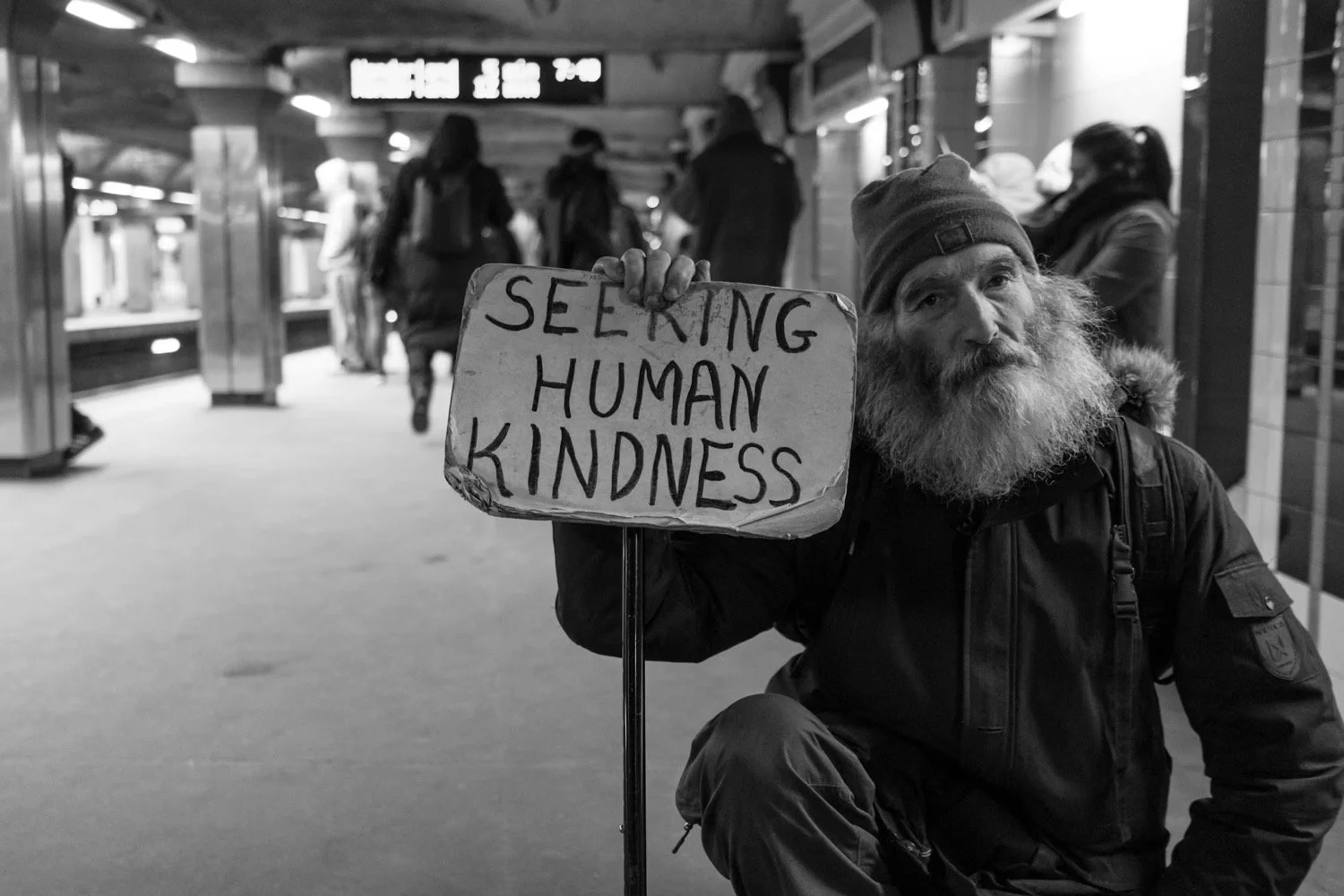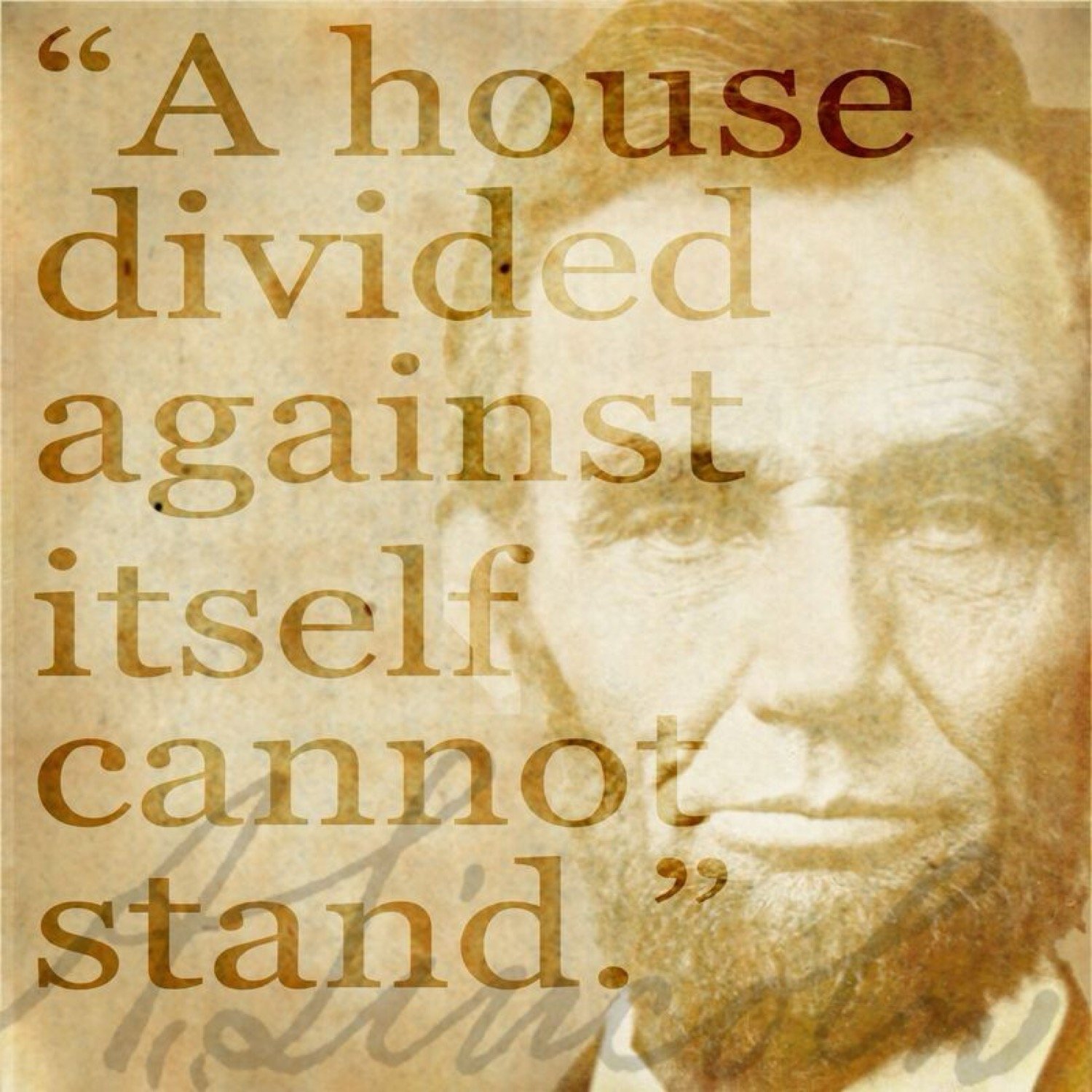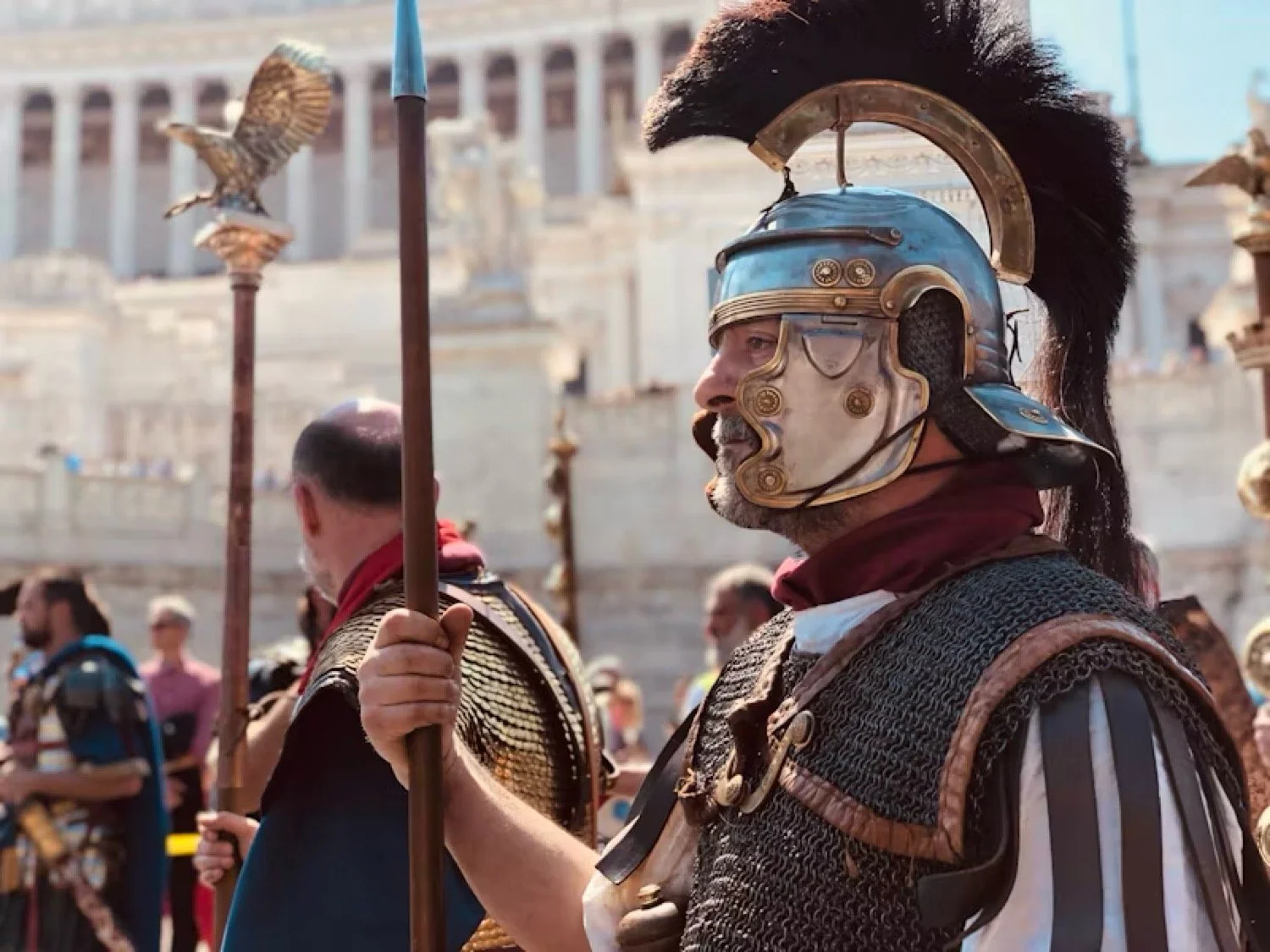Readings for today: Joshua 23-24, Judges 1
“Be very careful, therefore, to love the Lord your God.” (Joshua 23:11)
These are among the final words Joshua spoke to the people of Israel. Love the Lord your God. With all your heart. All your mind. All your strength. All your soul. Love the Lord your God in all you say and do. Love the Lord your God in your worship. Love the Lord your God in your life. Love the Lord your God in your relationships. Love the Lord your God in your home. In your neighborhood. At your work. Love the Lord your God.
We get so confused about love. We think it has to do with a feeling. An emotion. A physical, hormonal response to another human being. We falsely equate love with physical attraction. We falsely equate love to the complex interactions of neurochemicals in our brains. This is why people fall “in” and “out” of love. It’s how people justify cheating on their spouses or getting a divorce and breaking up their family. It’s why people see no problem with having multiple sexual partners over the course of their lives or perhaps even at the same time.
The Bible defines love differently. Love is a choice. It’s a conscious decision we make to live in covenant faithfulness with God and with each other. It’s not dependent on emotions. It’s transcends our feelings. It’s a commitment that overrides our hormones. This love is not selfish but selfless. It takes as its highest good the needs of the other. It considers others more important than oneself. It takes commitment seriously. Even eternally. It is modeled after and flows from the love God has for us. God’s love never fails. God’s love is not capricious. It is steadfast. Loyal. True. God’s commitment to His people never ends. God’s faithfulness to His people knows no bounds. He is with them forever and as such, He has every right to expect the same kind of commitment from us.
What does such commitment look like? Obedience. Keeping God’s commandments. Just as God kept every word of His promise to us so we should endeavor to keep every word of our promise to Him. Listen to how Joshua puts it, “Therefore, be very strong to keep and to do all that is written in the Book of the Law of Moses, turning aside from it neither to the right hand nor to the left…” (Joshua 23:6) Or as Jesus will later put it, “"If you love me, you will keep my commandments.” (John 14:15) Keeping God’s commands is not optional for the Christian. It is part and parcel of our love for God. One cannot say we love God and ignore what He says. One cannot claim to love God and do the opposite of His commands. One’s love for God is intrinsically wrapped up in one’s obedience.
Now does this mean we will obey perfectly? Of course not. Nor can we love perfectly. There is only one perfect love and that is the love of God made incarnate in Jesus Christ. In Christ, perfect love and perfect obedience meet. In Christ, perfect love finds perfect form in a perfect life lived on our behalf. Loving Christ means placing our faith in His finished work or complete obedience even unto death on a cross for our sins. It means trusting His love to be sufficient in our weakness. His faith to be sufficient in the face of our fears. His grace to be sufficient for our doubts. His mercy to be sufficient for our failings. Loving Christ means surrendering to Him over and over again. Each and every day. For as long as we are given breath on this earth.




